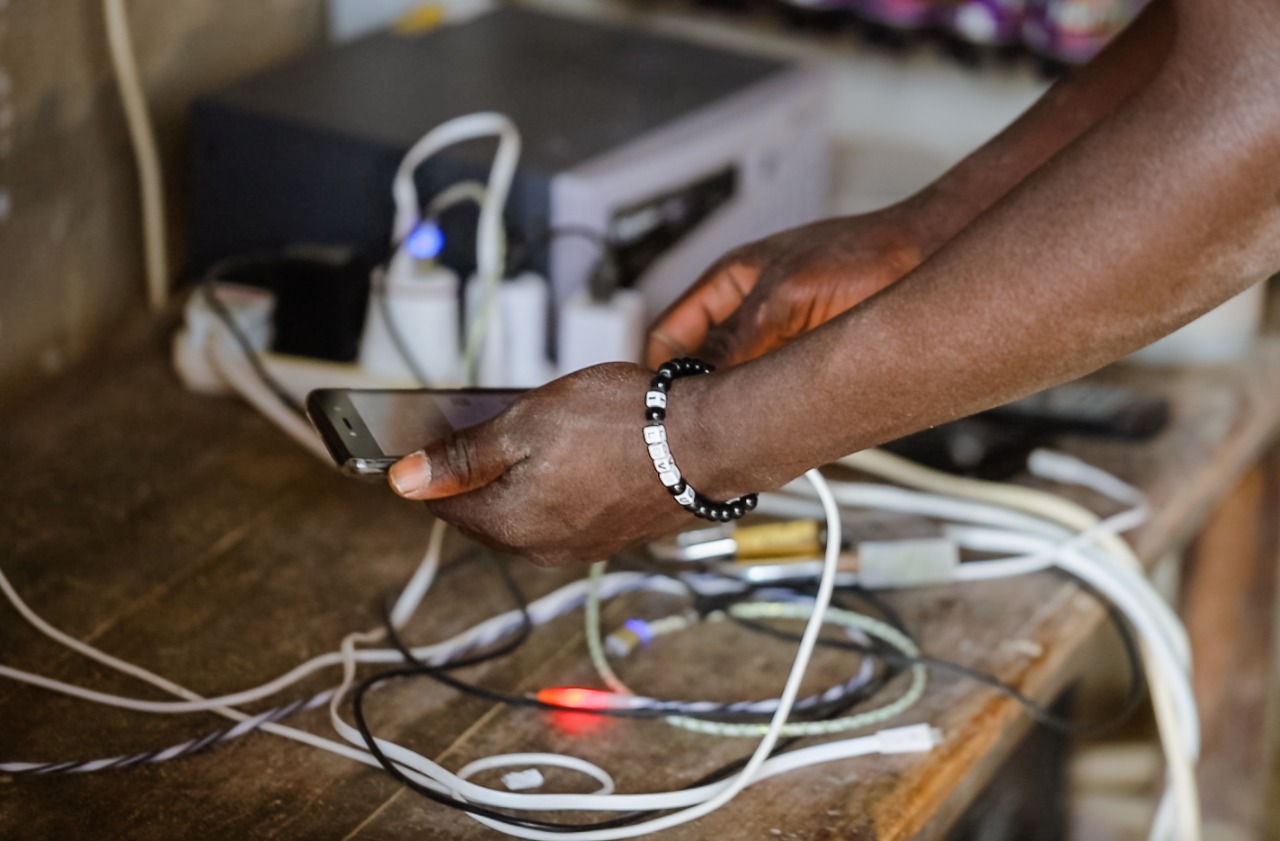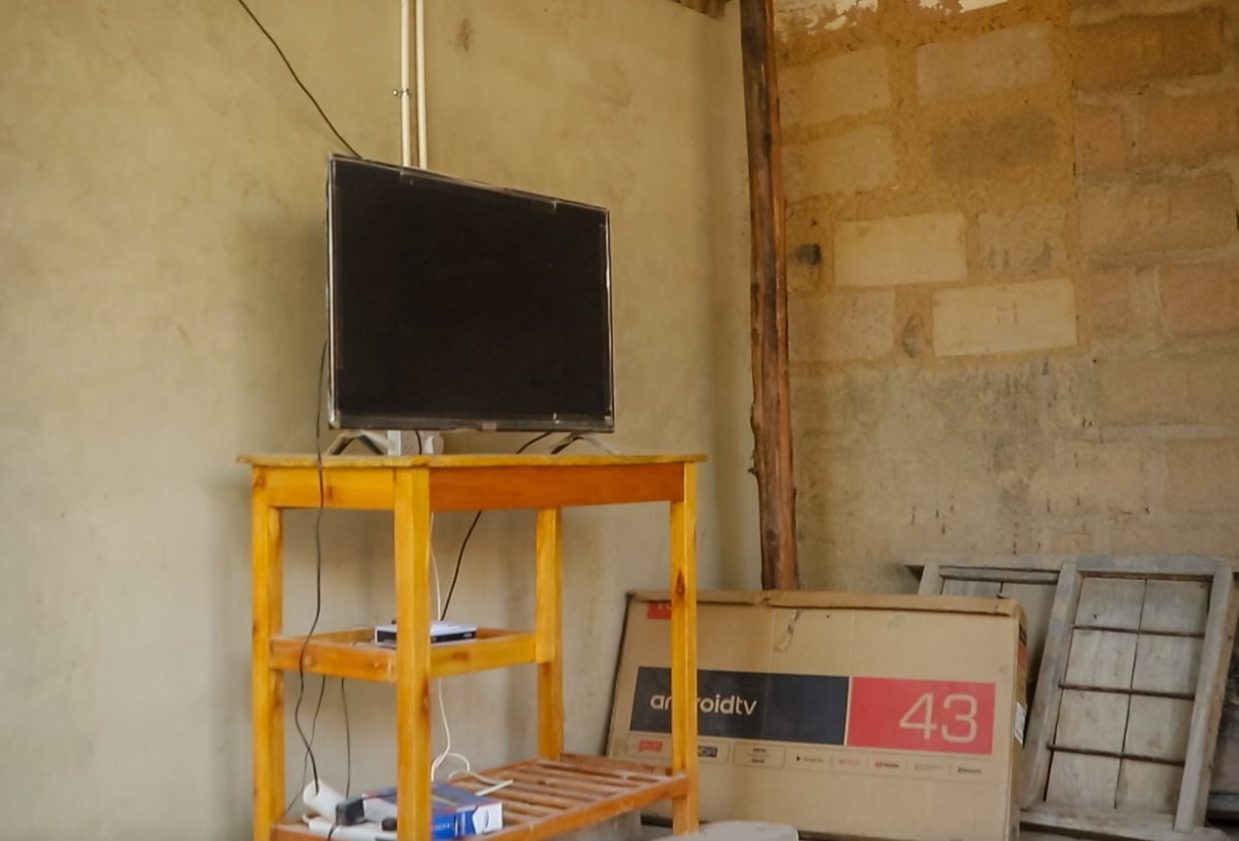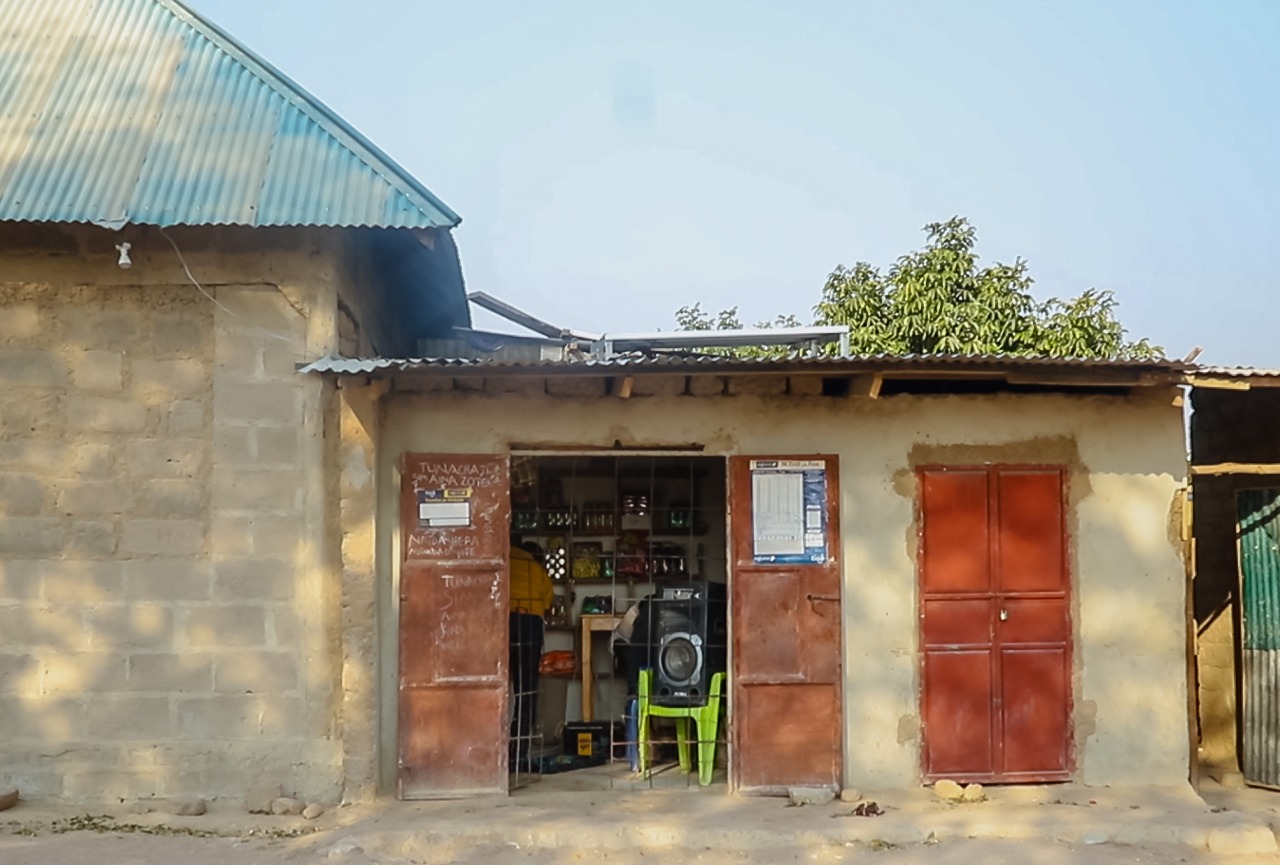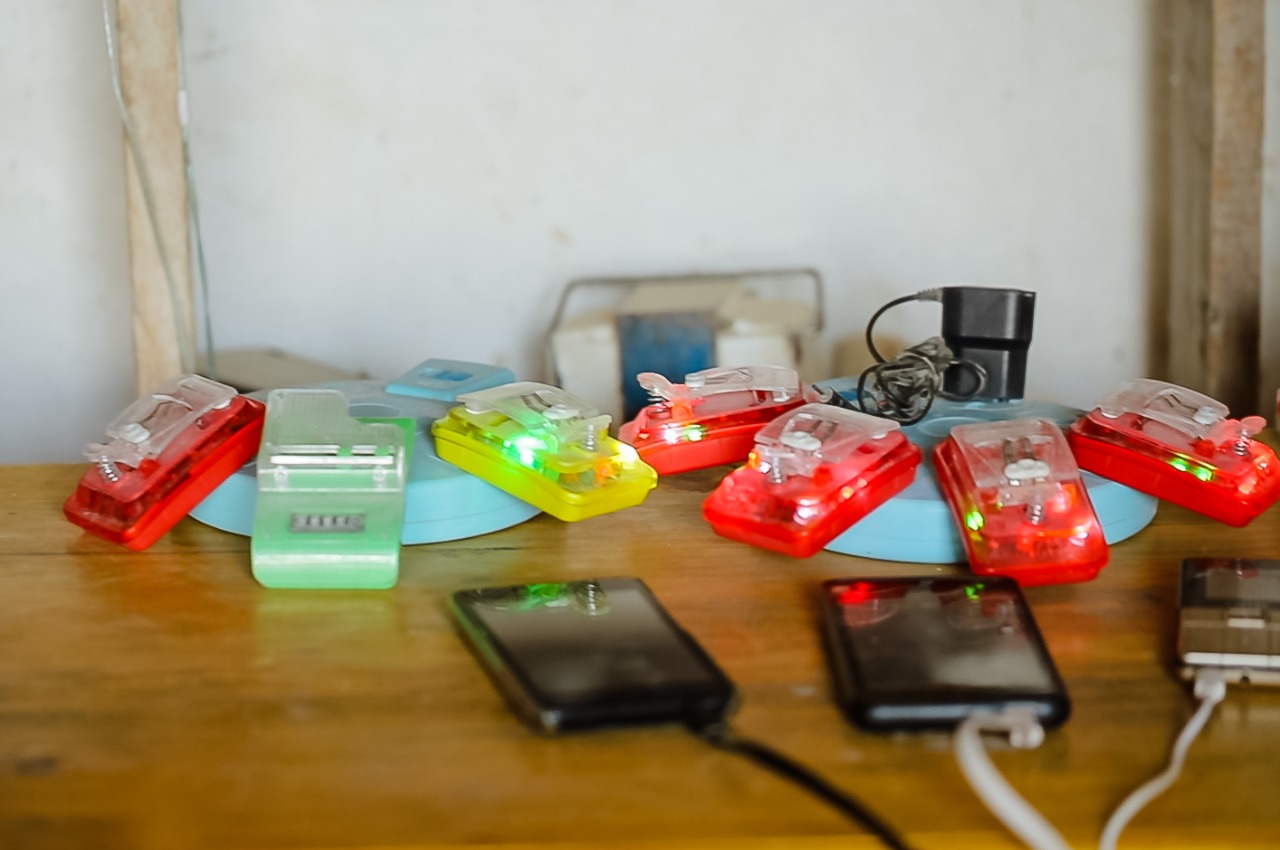Cristopha Chilungu, a resident of Mbwala Ward in Dodoma city, is a spirited entrepreneur. Hailing from a village with no access to electricity, Cristopha, a government trained agricultural officer, was involved in farming Sunflower, sorghum, ground nuts, and Macedonian nuts (since 2012) as his primary source of livelihood. He earns around TZS 24,000 from farming. His secondary source of livelihood was being the sole provider of M-Pesa services in his village. He would pre-buy mobile money and sell it to customers for cash, while also selling cash in exchange of mobile money from the customers. The customers for both livelihoods were mainly from his village and surrounding areas.
However, Cristopha faced many obstacles. From weeds and insects infesting his crop to improper market linkages to sell his produce, the success of his farming livelihood depended on a series of exogenous factors outside his control. Moreover, his M-Pesa business was greatly hampered by the absence of electricity. Further, M-Pesa required mobile phones to operate, business profits were contingent on being able to access mobile phones with charged batteries. If phones were not charged, no M-Pesa transactions could occur. This was a big problem for Cristopha’s business.
Underway for the past one year has been a joint program between KAKUTE and Global SDG7 Hubs (an initiative of SELCO Foundation) that seeks to develop grassroots technologies and supporting ecosystems in Tanzania in order to demonstrate models of sustainable livelihoods powered via decentralized energy. As a part of that program, need assessment surveys of various wards were conducted by KAKUTE and narrowed down to three wards after considering the location and accessibility of those villages.
KAKUTE then identified potential entrepreneurs who were willing to engage in livelihoods that used alternative forms of energy (solar, in this case). Cristopha was one of the entrepreneurs KAKUTE worked with to set up various business that used solar energy. KAKUTE intervened by providing reliable energy access through decentralized solar solutions to enable Cristopha to conduct his existing activities and adding other aspects as well. This intervention, not only helped Cristopha’s M-Pesa business but also helped him set up more businesses that in-turn facilitated the creation of new income streams.
From solar based electricity sprang three unique businesses that helped Cristopha, his customers, and the local economy. The first business used solar power to charge mobile phones. This was crucial for both Cristopha’s M-Pesa business, and for his customers who were in need of such charging services. The second business used solar energy to operate a 43-inch television that catered to the interests of the public. People now came and watched their favourite sport, football, on the big TV screen. His shop is now a place of social gathering and entertainment.


Cristopha also managed to lend some lighting service to nearby businesses, which offered them the opportunity to stay open late until evening. The ability to stay open late sprang up a new evening local economy, where people would come, have a drink from the brewery and watch television. While Cristopha benefitted financially, his rural community benefited from an increased set of choices. People were able to seek higher levels of happiness and satisfaction by participating more in the local economy. Thus, the impact of these businesses was observed not only as a financial gain for Cristopha, but also as a gain for society and other businesses. The financial gains for Cristopha were quite significant:




These interventions not only demonstrate a viable opportunity - technologically and financially but it also showcases how ownership of decentralized power opens up additional revenue streams and spurs local economies.
The spurt of business activity has prompted entrepreneurial Cristopha to also get interested in expanding his set of businesses with a barber shop. Such sustainable energy-based interventions guarantee energy stability and offer entrepreneurs like Cristopha profitable avenues to tap into. In turn, these businesses employ people and offer services that people value. Thus, when interventions like that of Cristopha are viewed from a holistic perspective, securing access to decentralized energy is a sustainable way to strengthen different interlinked aspects of the community development.


As a next step, KAKUTE is exploring financial models that link credit access for such entrepreneurs to avail such solutions. Drawing from similar examples of how such interventions have spurred local entrepreneurship and in turn provided various community services, speaks to the need and demand of such low hanging opportunities across borders. Consolidated efforts of needs assessment, appropriate technology development, affordable financial model and a supportive ecosystem are critical to ensuring an end to end livelihood solution that given the right conditions can be easily replicated benefitting self-reliance and local economies.
Co-authored by Mr. Livinus Manyanga, KAKUTE and Global SDG7 Hubs team.